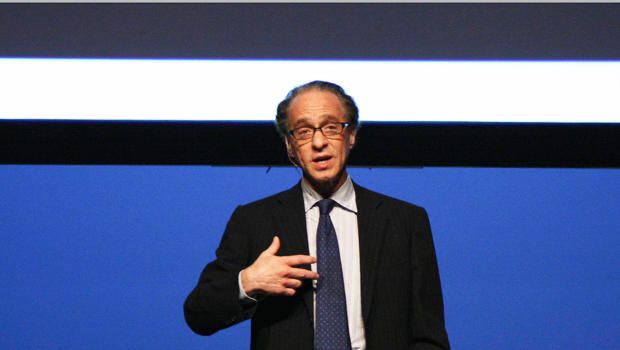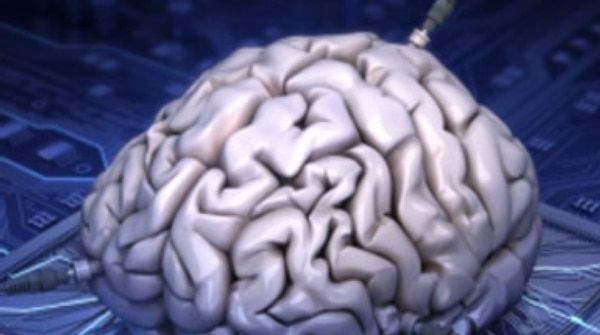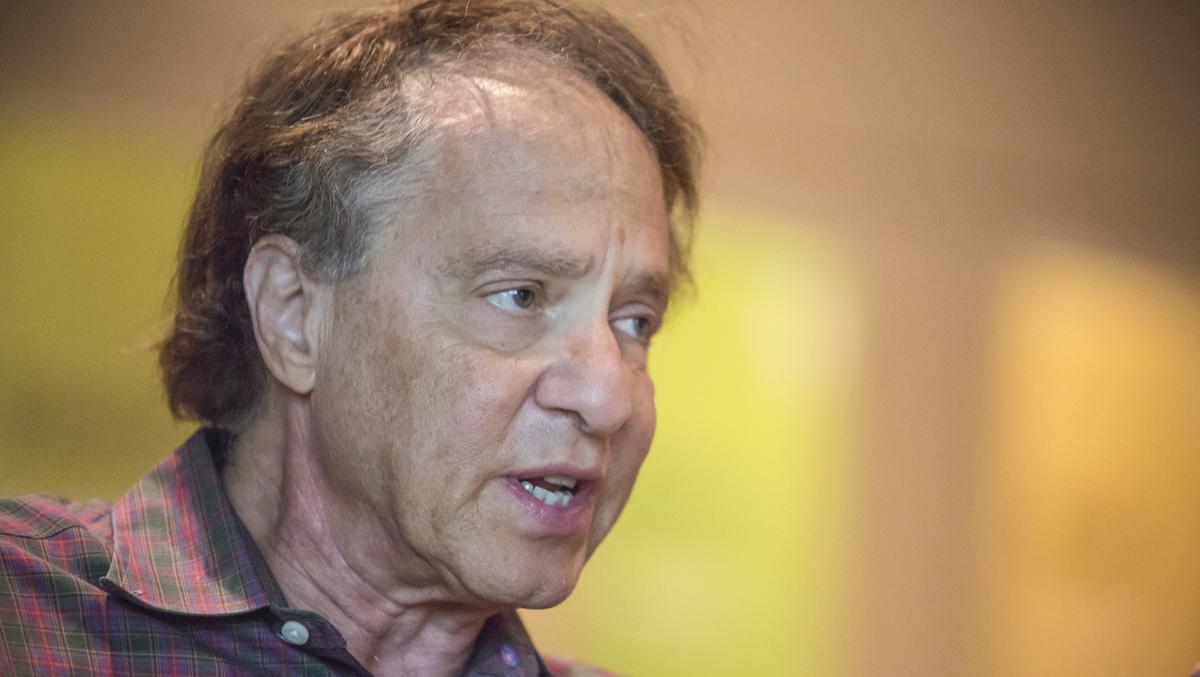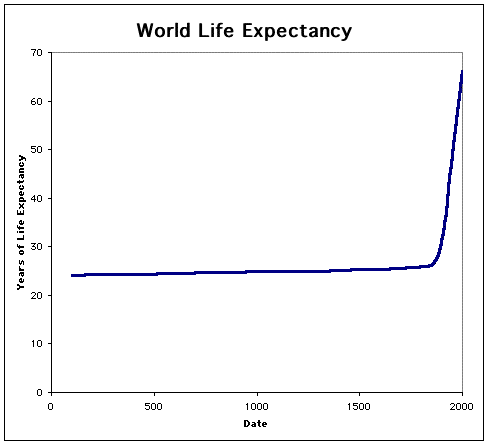“The whole model of education, of stuffing information into kids’ minds is very much obsolete, since we carry all the knowledge of the world on our belts… The knowledge we carry around with us is only going to get ever more rich, and it’s going to become more and more intimately integrated with our lives.” says Kurzweil.
While traditional education has revolved around rote memorization and standardized testing, the one-size-fits-all model of learning pales in comparison to passionately engaging in problems we’re personally interested in solving.
Even today, beginning to treat education as doing—not thinking only—can positively impact society as successful projects outweigh abstract degrees and credentials. Understanding what it takes to solve a complicated problem, according to Kurzweil, is far more beneficial than attempting to “make a living.”



